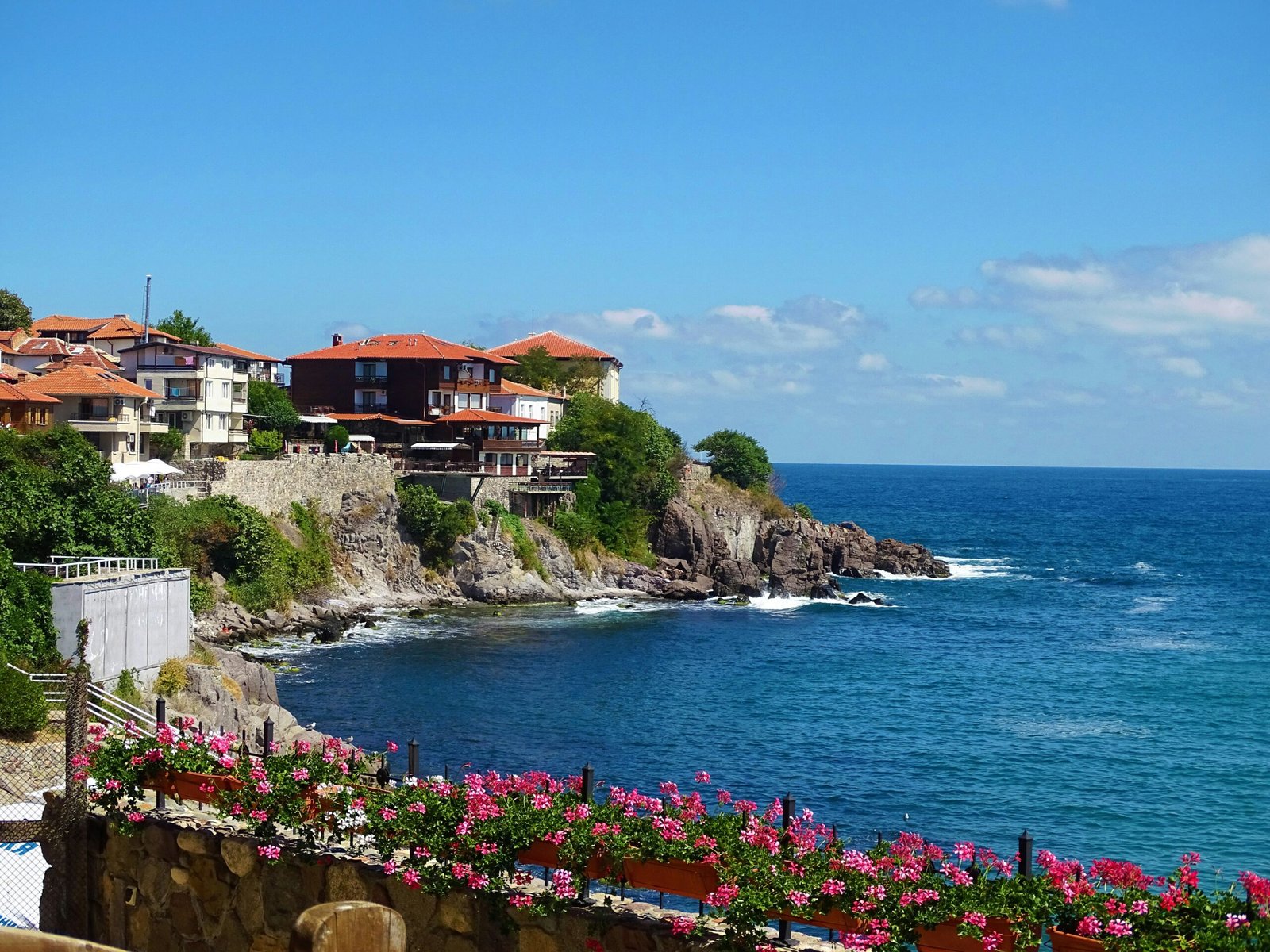Bulgaria, located in Southeastern Europe, is a captivating country that offers a wealth of opportunities for visitors looking to explore its rich history, stunning landscapes, and vibrant culture. With its diverse attractions, welcoming locals, and favorable business environment, Bulgaria is an ideal destination for those looking to stay, work, study, or do business.
Let’s dive into some key aspects that make Bulgaria an attractive choice for travelers and professionals alike.
Location:
Situated in the Balkan Peninsula, Bulgaria shares borders with Romania to the north, Serbia and North Macedonia to the west, Greece and Turkey to the south, and the Black Sea to the east. This strategic location provides easy access to neighboring countries and serves as a gateway to both Europe and Asia.
Surface Area:
Spanning over 110,000 square kilometers, Bulgaria boasts a diverse landscape that ranges from picturesque mountains to sandy beaches along the Black Sea coast. The country’s varied topography offers ample opportunities for outdoor activities such as hiking, skiing, and exploring ancient ruins.
Climate:
Bulgaria experiences a temperate climate, with hot summers and cold winters. The coastal regions enjoy a Mediterranean climate, while the mountainous areas offer cooler temperatures and a chance to indulge in winter sports. The country’s climate diversity ensures there is something for everyone, whether you prefer sun-soaked beach days or snowy mountain adventures.
Richness in Fauna and Flora:
Bulgaria’s natural beauty extends beyond its landscapes. The country is home to a diverse range of flora and fauna, including rare species such as the Eurasian lynx, brown bear, and Balkan chamois. Nature enthusiasts will be delighted by the abundance of national parks and protected areas, offering a chance to observe and appreciate Bulgaria’s unique biodiversity.
Attractions:
From ancient historical sites to vibrant cities, Bulgaria offers a plethora of attractions that cater to every interest. Explore the UNESCO World Heritage sites of Nessebar and Rila Monastery, delve into the rich history of Sofia, the capital city, or unwind in the charming coastal town of Varna. Don’t miss the opportunity to visit the breathtaking Rhodope Mountains or the stunning Seven Rila Lakes.
Population:
With a population of approximately 7 million people, Bulgaria is a country known for its warm and welcoming locals. The diverse cultural heritage of the Bulgarian people adds to the vibrant tapestry of the nation, creating a unique blend of traditions and customs.
Currency:
The official currency of Bulgaria is the Bulgarian Lev (BGN). ATMs are widely available, and credit cards are accepted in most establishments. It is advisable to carry some cash when venturing into rural areas or smaller towns.
Visa:
Visitors from many countries can enter Bulgaria visa-free for a period of up to 90 days. However, it is essential to check the visa requirements based on your nationality before traveling. The Bulgarian Ministry of Foreign Affairs provides detailed information on visa regulations and requirements.
Official Languages:
The official language of Bulgaria is Bulgarian. English is widely spoken, especially in major cities and tourist areas. You will find that locals are generally helpful and accommodating, making communication easy for visitors.
Culture and Customs:
Bulgaria has a rich cultural heritage that dates back centuries. Traditional music, dance, and folklore play a significant role in Bulgarian culture. Visitors can immerse themselves in the vibrant traditions by attending local festivals, sampling traditional cuisine, and exploring the country’s numerous museums and art galleries.
Hospitality:
Bulgarian hospitality is renowned, and visitors can expect a warm welcome wherever they go. The locals take pride in their country and are eager to share their culture and traditions with visitors. Don’t be surprised if you are invited to join a traditional dance or offered a taste of homemade rakia, a popular Bulgarian spirit.
Main Cities:
In addition to the capital city Sofia, Bulgaria is home to several other vibrant urban centers. Plovdiv, the second-largest city, is known for its ancient Roman ruins and vibrant arts scene. Varna, on the Black Sea coast, offers a perfect blend of beachside relaxation and cultural exploration. Other notable cities include Burgas, Rousse, and Stara Zagora.
Airports and Airlines:
Bulgaria is well-connected to the world through its international airports. Sofia Airport, located near the capital, serves as the primary gateway for international travelers. Other major airports include Varna Airport and Burgas Airport, catering to visitors heading to the coastal regions. Several airlines, including Bulgaria Air and Ryanair, offer domestic and international flights to and from Bulgaria.
Whether you are planning a leisurely vacation, seeking business opportunities, or considering studying in Bulgaria, this diverse and welcoming country has much to offer. From its natural wonders to its rich cultural heritage, Bulgaria promises an unforgettable experience for all who visit.

